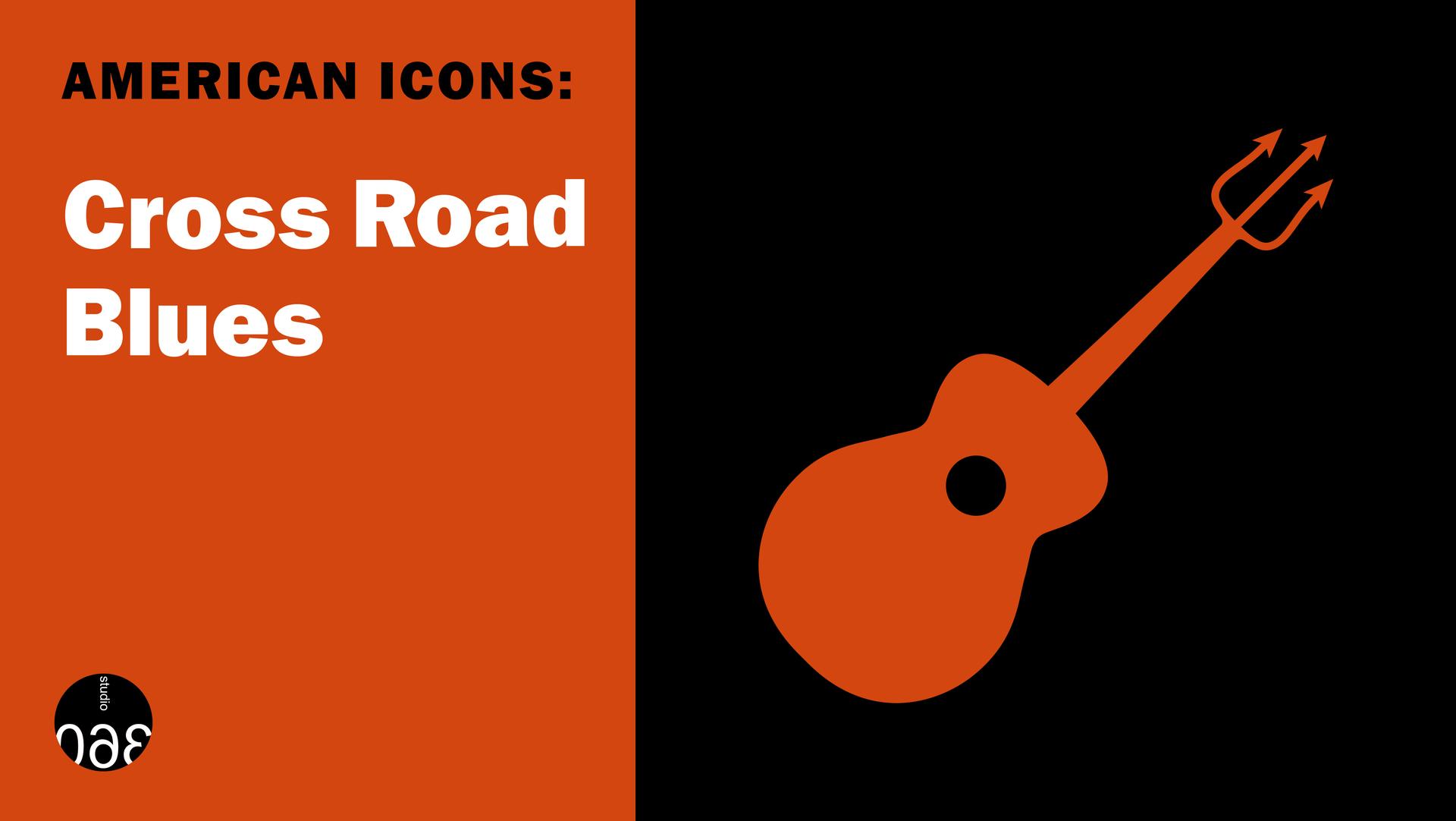American Icons: ‘Cross Road Blues’
American Icons: Robert Johnson’s “Cross Road Blues”
“I went down to the cross road, fell down on my knees. Asked the Lord above for mercy, ‘Save me if you please,’” sang Robert Johnson in 1936.
“Cross Road Blues” is one of just 29 songs that the bluesman recorded, and more than any other, it encapsulates the myths that surround his life: He sold his soul to the devil at a crossroads to become a guitar virtuoso. He was murdered by a jealous husband. He was the founder of rock ‘n’ roll.
Myths aside, Robert Johnson stood out for his complex personality and his technique. He was educated, he wrote his own songs and he played the guitar as if it were a piano: one hand played the rhythm and the other the melody. “It’s wild,” says Jon Pareles, chief pop music critic at The New York Times. “It sounds like there’s two or three guitars talking to each other.”
In this edition of American Icons, parsing truth from hearsay in the history of Robert Johnson’s “Cross Road Blues.” And finding out what the song means at a time when many Americans are still on the crossroad, particularly in Johnson’s home-state of Mississippi, which has the highest poverty rate in the country — and where his grandchildren still live.
American Icons is made possible by a grant from the National Endowment for the Humanities.
Our coverage reaches millions each week, but only a small fraction of listeners contribute to sustain our program. We still need 224 more people to donate $100 or $10/monthly to unlock our $67,000 match. Will you help us get there today?
